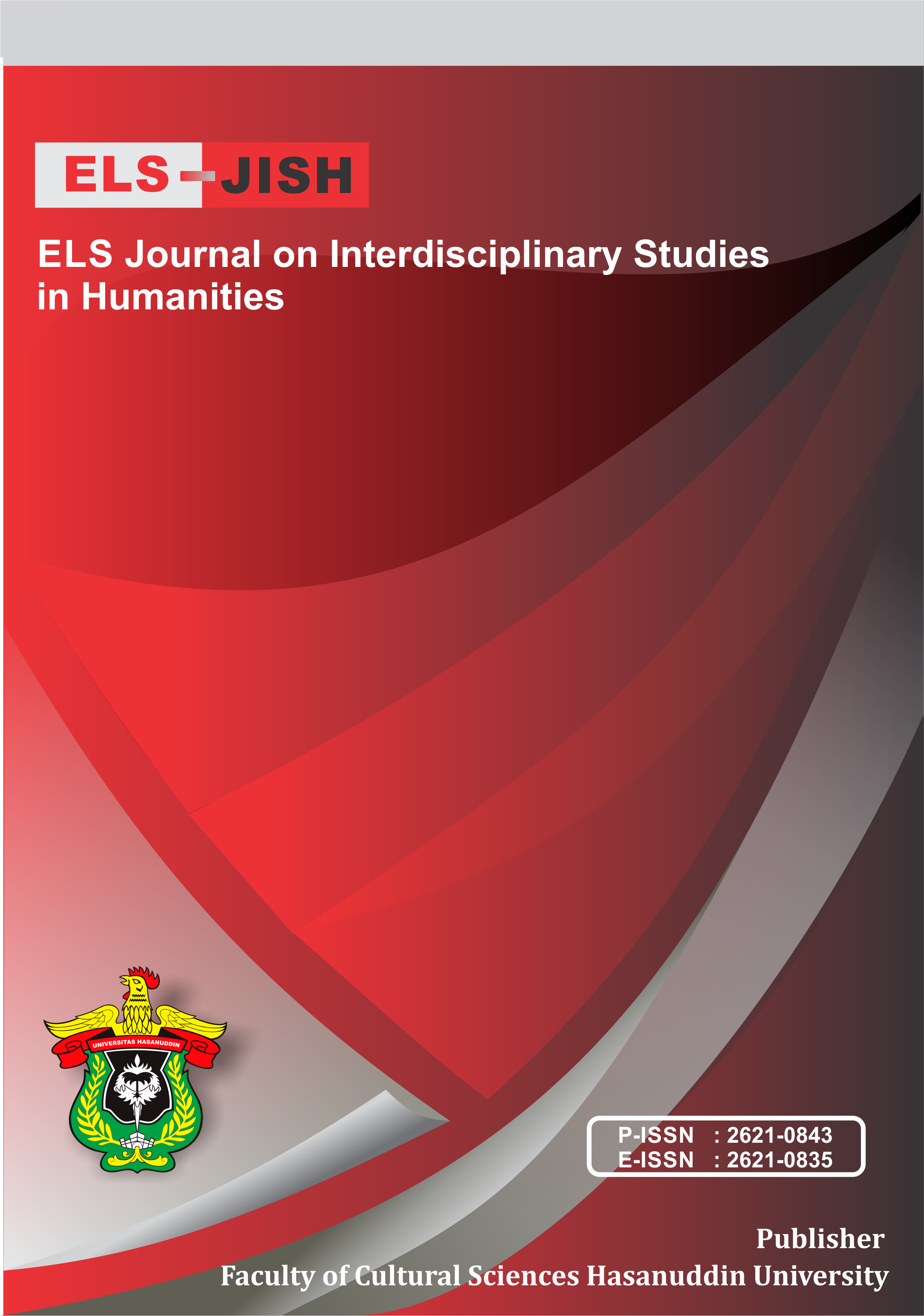Skills Acquired during Teacher Training Programs (B.Ed & M.Ed) and Skills Required in Actual Classroom
DOI:
https://doi.org/10.34050/elsjish.v3i3.10942Keywords:
Skills, Policy, Acquired, Required, EvaluationAbstract
The aim of this study was to explore the differences between the skills developed in teacher training programs and the skills used in the classrooms. The population of this study was 937 Head Masters BPS-17 selected through IBA Sukkur. These Head Masters were selected for primary and Elementary schools by the government of Sindh. Data was collected from the participants through simple random sampling. The sample size for this study was 187 IBA Head Masters all over the Sindh. The questionnaire was used as a research tool to get the responses from IBA selected Head Masters about their teachers who are teaching in their schools. Data was analyzed through descriptive statistics. Participants’ responses were analyzed through percentage, mean, and standard deviation. The mean score shows that the majority of teachers don’t have planning (M= 2.31), presentation (M=2.29), and management skills (2.34). The mean score of command over the subject factor is (M= 2.02), appropriate teaching methodologies factor (M= 2.28) and evaluation skills factor (M= 2.22) shows that majority of teachers don’t have command over the subject and they do not use appropriate and modern teaching methodologies. Furthermore, teachers do not have evaluation skills to measure the students learning objectives and to know the students' strengths and weaknesses. It was concluded that whatever teachers learned in the professional trainings do not use those skills in the classrooms because most teachers are not interested in teacher training programs.
References
Darling-hammond, L., Flook, L., Cook-harvey, C., Barron, B., Flook, L., Cook-harvey, C., Darling-hammond, L., Flook, L., Cook-harvey, C., & Barron, B. (2020). Implications for educational practice of the science of learning and development. Applied Developmental Science, 24(2), 97–140. https://doi.org/10.1080/10888691.2018.1537791
Jonsson, A., & Lennung, S. A. (2011). Investigating the Development of Analytical Skills in Teacher Education. 2(July), 3–17.
Karakuş, M., & Karakuş, F. (2017). Examining teaching of professional concepts in teacher training and investigating students ’ cognitive structures regarding professional concepts. 12(24), 1230–1241. ttps://doi.org/10.5897/ERR2017.3416
Keow, T., Mohd, H., & Hashimah, N. (2015). Soft Skills Integration in Teaching Professional Training : Novice Teachers ’ Perspectives. Procedia - Social and Behavioral Sciences, 186, 835–840. https://doi.org/10.1016/j.sbspro.2015.04.204
Kuter, S. (2017). An Action Research on Developing Prospective Teachers ’ Inquiry Skills An Action Research on Developing Prospective Teachers ’ Inquiry Skills. October 2013. https://doi.org/10.5901/jesr.2013.v3n7p317
Malik, S. K., & Urooj, T. (2012). Status of teacher education in Pakistan- A problem centered approach. 46, 8581–8586.
Manasia, L., Ianos, M. G., & Chicioreanu, T. D. (2020). Pre-Service Teacher Preparedness for Fostering Education for Sustainable Development : An Empirical Analysis of Central Dimensions of Teaching Readiness. 4–6.
Momanyi, M. (2019). Enhancing Quality Teacher Education Programs in Developing Countries (Issue January 2016). https://doi.org/10.4018/978-1-4666-9948-9.ch010
Munir, K. (2006). Comparative Study of the Effectiveness of Formally trained and non- formally trained secondary school teachers MPhil thesis, Allama Iqbal Open University Islamabad, and p33-34.
Pachauri, D., & Yadav, A. (2014). Importance of Soft Skills in Teacher Education Programme. 5(March), 22–25.
Rehmani, A. (2006). Teacher education in Pakistan with particular reference to teachers ’ conceptions of teaching. February, 495–524.
Shami, A.P. (2010). Education in Pakistan, policies and policy formulation, National Book Founcation, Islamabad.
Singh, H. (2015). Strategies for Development of Life Skills and Global Competencies. November.
Stephenson, J., & Stephenson, J. (2018). A Systematic Review of the Research on the Knowledge and Skills of Australian Preservice Teachers Australian Preservice Teachers. 43(4).
Downloads
Published
How to Cite
Issue
Section
License
Copyright (c) 2020 ELS Journal on Interdisciplinary Studies in Humanities

This work is licensed under a Creative Commons Attribution-NonCommercial 4.0 International License.






